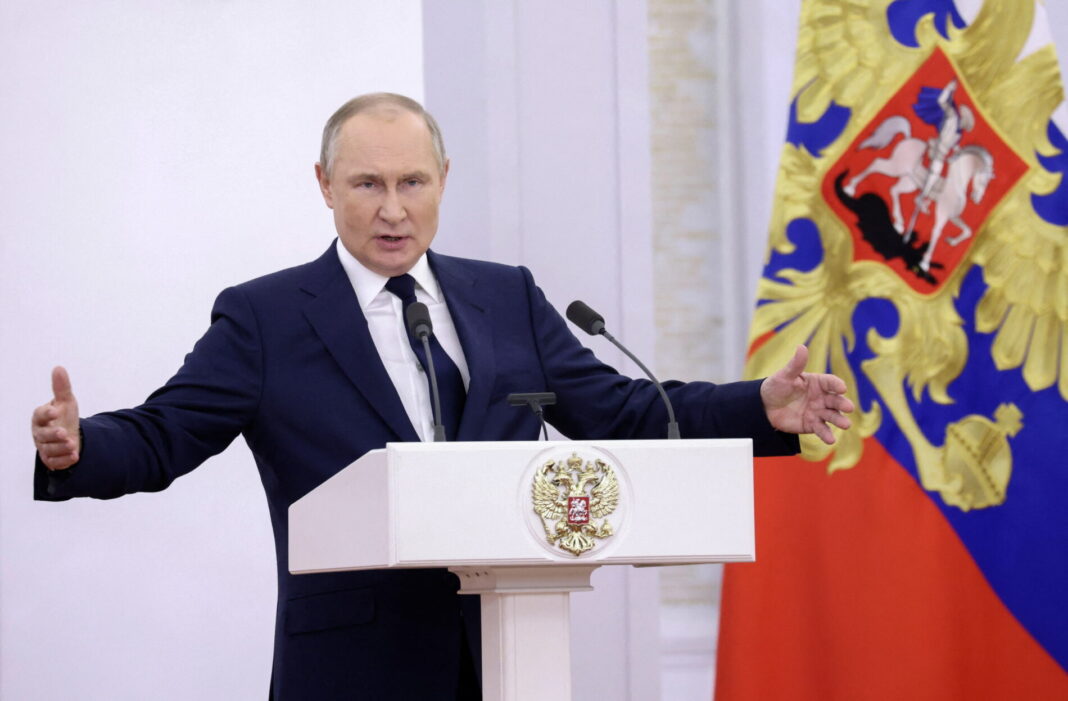Despite the Western efforts, Russia still plays a role as an international protagonist on the world stage, and the U.S. call to stop offering “business as usual for Russia in international institutions” is struggling to be heard by the majority of the international community
As the war in Ukraine continues, the second G20 meeting under the Indonesian presidency took place on 20 April 2022, and Ministers and Governors from the EU, Britain, the US, and Canada protested Russia’s presence by staging a walkout. The same action was repeated at the World Bank-IMF meeting on Friday. The other countries stay to listen to Moscow.
When Russian Finance Minister Anton Germanovich Siluanov virtually joined his counterparts and started his speech at the G20, US Treasury Secretary Janet Yellen, followed by the heads of National Central Banks and Ministers from Canada, France, and the United Kingdom, along with European Central Bank President Christine Lagarde, European Economy Commissioner Paolo Gentiloni and Ukrainian Finance Minister, left the meeting room. This measure was also carried out by G7 officials and others at the World Bank-International Monetary Fund spring annual meeting in Washington on 22 April.
This decision continues the common strategy of isolating Russia from the international economic scene, which has been undertaken by the Western States since the beginning of the Ukraine-Russia conflict. On the other hand, it displays that the approach has become even stricter after the news about the satellite images of the city of Bucha, which led the US Treasury Secretary to call for Russia to be barred from the G20 a few days later. A request which was not held by Indonesia’s G20 Presidency, which instead clarified by the G20 website that the “Presidency has an obligation to invite all G20 members to attend the meetings and have effective discussions to find solutions”.
Of course, the boycott against Russia conveys the cohesion of the G7 members, but it also highlights the rift that is unfolding within the G20 on this issue. As the Indian journal The Tribune reported, Ministers of Finance from Indonesia, China, Brazil, South Africa, Saudi Arabia, and India sat and listened to Siluanov’s intervention, namely States accounting for 3.5 billion people. An explanation of this choice comes from Foreign Ministry Spokesperson Zhao Lijian who stated in a Press Conference on 22 April that “the G20 and relevant international institutions are platforms for discussing international economic and financial issues, not appropriate venues to discuss the Ukraine issue […] The G7 should adopt a responsible attitude […] All countries in the world are fellow passengers on the same ship and must stick together. It is unacceptable to throw anyone overboard.”
These facts suggest that, notwithstanding the western efforts, Russia still plays a role as an international protagonist on the world stage, and the U.S. call to stop offering “business as usual for Russia in international institutions” is struggling to be heard by the majority of the international community. Furthermore, considering that in 2023 India will assume the G20 presidency, it is hard to imagine that this will change.





